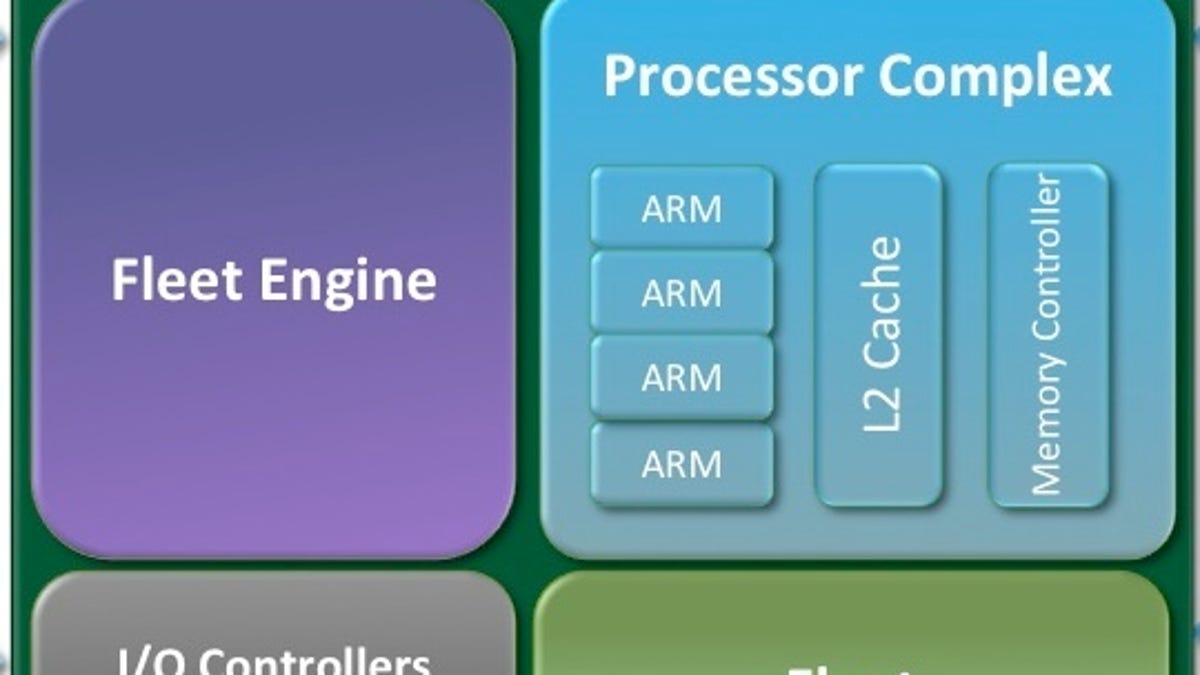Calxeda, ARM trailblazer, folds, unable to get to 64-bit
Calxeda was one of the first to push for power-efficient server chips. But the company now appears to be history.

Calxeda, a relatively well-funded ARM processor startup that seemed destined for success, has run out of money and shut down.
"Carrying the load of industry pioneer has exceeded our ability to continue to operate as we had envisioned," Karl Freund, VP of marketing, and Barry Evans, president, said in a joint statement distributed to the media.
Lack of funding was the immediate cause. "[They] pulled the plug because they couldn't secure funding for a next round," said Pat Moorhead, principal analyst at Moor Insights & Strategy.
They had raised more than $90 million in venture capital, according to AllThingsD, which first reported the story.
Moorhead continued. "They had anticipated better sales of their 32-bit products, but that didn't materialize because customers waited for 64-bit platforms."
Founded in 2008 by Intel and Marvell engineer Barry Evans, the company was one of the first to introduce a power-efficient ARM processor for data centers, which had traditionally run on more power-hungry Intel and AMD processors.
Calxeda's design combines power-sipping ARM-based processors with an integrated "fabric switch" for handling network communications.
The company's chips had been slated for Hewlett Packard's Moonshot servers. Those servers now use power-efficient Intel Atom processors.
Companies like Calxeda and SeaMicro (now owned by AMD) spurred Intel to come up with more power-frugal processors for data centers.
Another challenge for Calxeda was that Intel began to offer Xeon processors with fabric controllers on chip, making Calxeda's proposition less appealing today, according to Moorhead.
In closing, Evans and Freund said that the company "has begun a restructuring process. During this process, we remain committed to our customer's success with ECX-2000 projects that are now under way."

